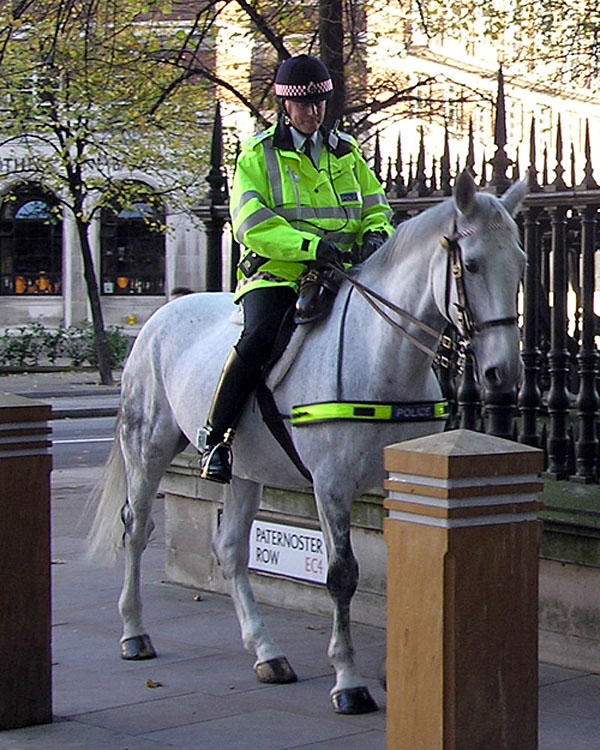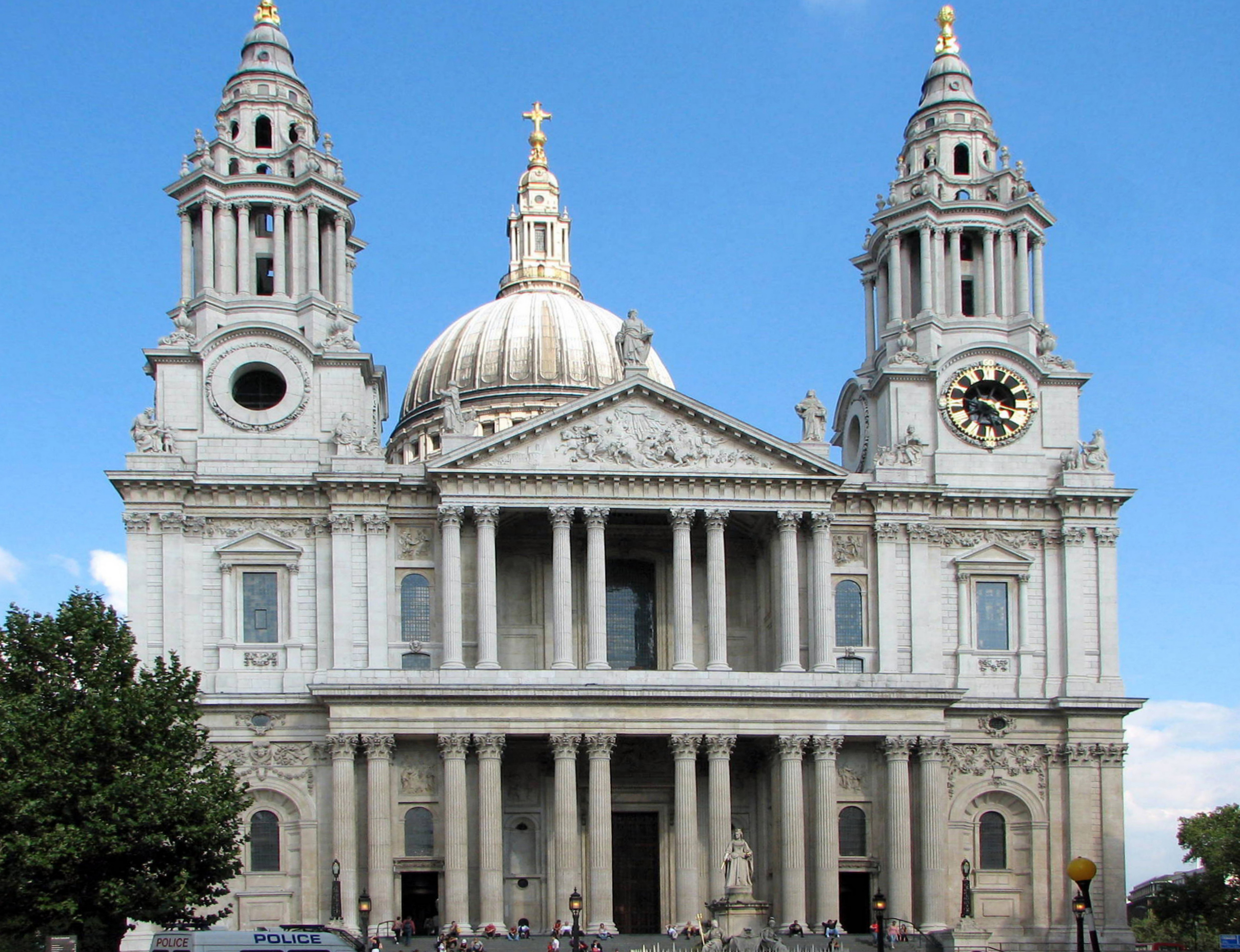|
Simeon Fox
Simeon Fox (or Foxe), M.D. (1568–1642) was an English physician, who became President of the College of Physicians. Life He was the youngest son of John Foxe, and was born in the house of the Duke of Norfolk. He was educated at Eton College, and on 24 August 1583 was elected a scholar of King's College, Cambridge, where he proceeded B.A. in 1587, having become a fellow 24 August 1586. He graduated M.A. in 1591. Bishop John Piers promised him a prebend, but he preferred to study medicine. After leaving college he resided for some time with Archbishop John Whitgift, then visited Italy, and took the degree of M.D. at the University of Padua. On his return home he engaged in military service, and was with Sir John Norris and the Earl of Southampton in Ireland and the Netherlands. In the Low Countries he is said to have been taken prisoner and detained for a time at Dunkirk. He reached London in 1603, and began to practise medicine, attaining prominence in his profession. He was a ... [...More Info...] [...Related Items...] OR: [Wikipedia] [Google] [Baidu] |
College Of Physicians
A college of physicians is a national or provincial organisation concerned with the practice of medicine. {{Expand list, date=February 2011 Such institutions include: * American College of Physicians * Ceylon College of Physicians * College of Physicians and Surgeons of Manitoba * College of Physicians & Surgeons of Mumbai * College of Physicians and Surgeons of Ontario * College of Physicians & Surgeons Pakistan * College of Physicians of Philadelphia * Ghana College of Physicians and Surgeons * Lebanese Order of Physicians * Philippine College of Physicians * Royal Australasian College of Physicians of Australia and New Zealand * Royal College of Physicians and Surgeons of Canada * Royal College of Physicians and Surgeons of Glasgow * Royal College of Physicians of Edinburgh * Royal College of Physicians of Ireland * Royal College of Physicians of London * Rwanda College of Physicians * West African College of Physicians and Surgeons West or Occident is one of the four ... [...More Info...] [...Related Items...] OR: [Wikipedia] [Google] [Baidu] |
Paternoster Row
Paternoster Row was a street in the City of London that was a centre of the London publishing trade, with booksellers operating from the street. Paternoster Row was described as "almost synonymous" with the book trade. It was part of an area called St Paul's Churchyard. The street was devastated by aerial bombardment during the World War II. In 2003 the street was replaced with Paternoster Square, the modern home of the London Stock Exchange, although a City of London Corporation road sign remains in the square near where Paternoster Row once stood. As far back as the 12th century, the road was known as Paternoster Row, as it was the main place in London where Paternoster beads were made by skilled craftsmen. The beads were popular with illiterate monks and friars at the time, who prayed 30 Paternoster prayers (Latin for "Our Father") three times a day as a substitute for the 150 psalms recited a day by literate monks. Name The street is supposed to have received its name from ... [...More Info...] [...Related Items...] OR: [Wikipedia] [Google] [Baidu] |
16th-century English Medical Doctors
The 16th century begins with the Julian year 1501 ( MDI) and ends with either the Julian or the Gregorian year 1600 ( MDC) (depending on the reckoning used; the Gregorian calendar introduced a lapse of 10 days in October 1582). The 16th century is regarded by historians as the century which saw the rise of Western civilization and the Islamic gunpowder empires. The Renaissance in Italy and Europe saw the emergence of important artists, authors and scientists, and led to the foundation of important subjects which include accounting and political science. Copernicus proposed the heliocentric universe, which was met with strong resistance, and Tycho Brahe refuted the theory of celestial spheres through observational measurement of the 1572 appearance of a Milky Way supernova. These events directly challenged the long-held notion of an immutable universe supported by Ptolemy and Aristotle, and led to major revolutions in astronomy and science. Galileo Galilei became a cham ... [...More Info...] [...Related Items...] OR: [Wikipedia] [Google] [Baidu] |
1642 Deaths
Year 164 ( CLXIV) was a leap year starting on Saturday (link will display the full calendar) of the Julian calendar. At the time, it was known as the Year of the Consulship of Macrinus and Celsus (or, less frequently, year 917 ''Ab urbe condita''). The denomination 164 for this year has been used since the early medieval period, when the Anno Domini calendar era became the prevalent method in Europe for naming years. Events By place Roman Empire * Emperor Marcus Aurelius gives his daughter Lucilla in marriage to his co-emperor Lucius Verus. * Avidius Cassius, one of Lucius Verus' generals, crosses the Euphrates and invades Parthia. * Ctesiphon is captured by the Romans, but returns to the Parthians after the end of the war. * The Antonine Wall in Scotland is abandoned by the Romans. * Seleucia on the Tigris is destroyed. Births * Bruttia Crispina, Roman empress (d. 191) * Ge Xuan (or Xiaoxian), Chinese Taoist Taoism (, ) or Daoism () refers to either a sc ... [...More Info...] [...Related Items...] OR: [Wikipedia] [Google] [Baidu] |
1568 Births
Year 1568 ( MDLXVIII) was a leap year starting on Thursday (link will display the full calendar) of the Julian calendar. Events January–June * January 6– 13 – In the Eastern Hungarian Kingdom, the delegates of Unio Trium Nationum to the Diet of Torda make Europe's first declaration of religious freedom, adopted on January 28 as the Edict of Torda. * February 17 – Treaty of Adrianople (sometimes called the Peace of Adrianople): The Habsburgs agree to pay tribute to the Ottomans. * March 23 – The Peace of Longjumeau ends the Second War of Religion in France. Again Catherine de' Medici and Charles IX make substantial concessions to the Huguenots. * May 2 – Mary, Queen of Scots, escapes from Loch Leven Castle. * May 13 – Battle of Langside: The forces of Mary, Queen of Scots are defeated by a confederacy of Scottish Protestants, under James Stewart, Earl of Moray, her half-brother. * May 16 – Mary, Queen of Scots, flees ... [...More Info...] [...Related Items...] OR: [Wikipedia] [Google] [Baidu] |
Samuel Foxe
Samuel Foxe (1560–1630), was an English diarist and politician. He was a Member of the Parliament of England for Midhurst in 1589 and for Knaresborough in 1593. Information Foxe was the eldest son of John Foxe, the martyrologist. He was born at Norwich on 31 December 1560, and admitted into Merchant Taylors' School, London, on 20 October 1572. In 1574 he went to Oxford, where he was elected demy of Magdalen College. In 1576 he left for France without the permission of his tutors or the knowledge of his father. He was, however, readmitted to the college, although he is said to have acquired a fondness for dress, which displeased his father. In 1579 he was elected probationer, and in 1580 fellow of his college. In 1581 he was expelled on religious grounds. He seems to have quarrelled with some of his colleagues who adopted the more extreme forms of puritanism. His father temperately pleaded for his restoration, and wrote to a bishop, probably Horn of Winchester, soliciting his ... [...More Info...] [...Related Items...] OR: [Wikipedia] [Google] [Baidu] |
Dean Of St Paul's
The dean of St Paul's is a member of, and chair of the Chapter of St Paul's Cathedral in London in the Church of England. The dean of St Paul's is also ''ex officio'' dean of the Order of the British Empire. The current dean is Andrew Tremlett, who was installed on 25 September 2022. List of deans High Medieval *1090–1107 Wulman *1107–1111 Ranulf Flambard ''(disputed)'' *1111–1138 William de Mareni *1138–1157 Ralph de Langford *1158–1180 Hugh de Mareni *1180–1199 Ralph de Diceto *1200–1216 Alard de Burnham *1216–1218 Gervase de Howbridge *1218–1227 Robert de Watford *1228–1231 Martin de Pattishall *1231–1241 Geoffrey de Lucy *1241–1243 William of Sainte-Mère-Eglise *1243–1253 Henry de Cornhill *1253–1257 Walter de Saleron *1257–1260 Robert de Barton *1260–1261 Peter de Newport *January 1262–July 1262 Richard Talbot *July 1262 – 1263 John de Ebulo *1263–1267 Geoffrey de Fering *1268–1273 John Chishull *1273–1276 Hervey de ... [...More Info...] [...Related Items...] OR: [Wikipedia] [Google] [Baidu] |
John Donne
John Donne ( ; 22 January 1572 – 31 March 1631) was an English poet, scholar, soldier and secretary born into a recusant family, who later became a cleric in the Church of England. Under royal patronage, he was made Dean of St Paul's Cathedral in London (1621–1631). He is considered the preeminent representative of the metaphysical poets. His poetical works are noted for their metaphorical and sensual style and include sonnets, love poems, religious poems, Latin translations, epigrams, elegies, songs and satires. He is also known for his sermons. Donne's style is characterised by abrupt openings and various paradoxes, ironies and dislocations. These features, along with his frequent dramatic or everyday speech rhythms, his tense syntax and his tough eloquence, were both a reaction against the smoothness of conventional Elizabethan poetry and an adaptation into English of European baroque and mannerist techniques. His early career was marked by poetry that bore immense ... [...More Info...] [...Related Items...] OR: [Wikipedia] [Google] [Baidu] |
Great Fire Of London
The Great Fire of London was a major conflagration that swept through central London from Sunday 2 September to Thursday 6 September 1666, gutting the medieval City of London inside the old Roman city wall, while also extending past the wall to the west. The death toll is generally thought to have been relatively small, although some historians have challenged this belief. The fire started in a bakery in Pudding Lane shortly after midnight on Sunday 2 September, and spread rapidly. The use of the major firefighting technique of the time, the creation of firebreaks by means of removing structures in the fire's path, was critically delayed due to the indecisiveness of the Lord Mayor, Sir Thomas Bloodworth. By the time large-scale demolitions were ordered on Sunday night, the wind had already fanned the bakery fire into a firestorm which defeated such measures. The fire pushed north on Monday into the heart of the City. Order in the streets broke down as rumours arose ... [...More Info...] [...Related Items...] OR: [Wikipedia] [Google] [Baidu] |






